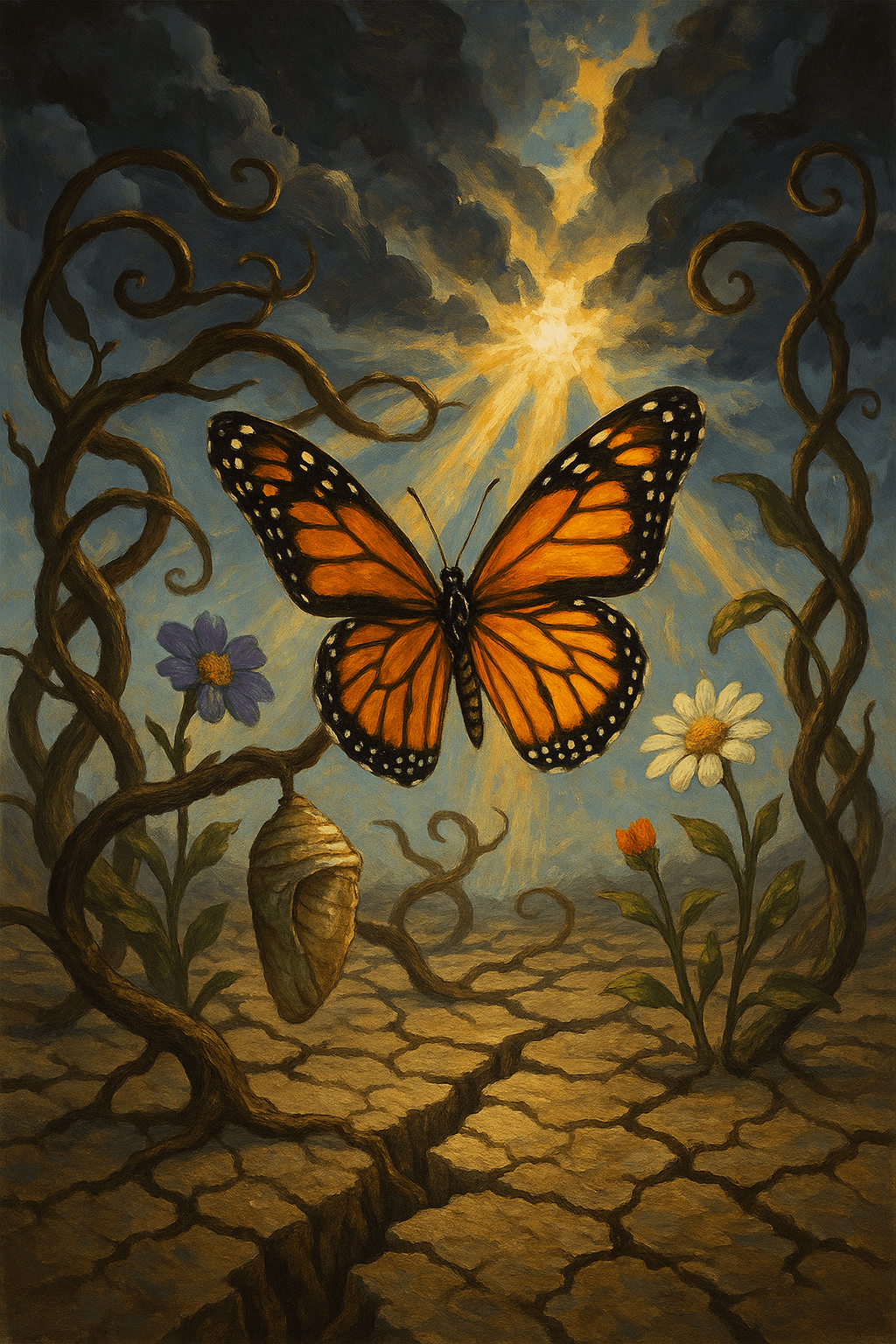Struggle as the Essence of a Meaningful Life

To struggle is to live. — Victor Hugo
—What lingers after this line?
One-minute reflection
Where does this idea show up in your life right now?
The Fundamental Role of Struggle
Victor Hugo’s succinct proclamation, 'To struggle is to live,' immediately situates adversity at the heart of the human experience. He argues that struggle is not simply an unpleasant byproduct of living, but rather its beating heart. Life, by Hugo’s definition, is animated and sustained by the continual challenges we face and overcome. This recognition turns adversity from something merely to be endured into a necessary and even defining component of existence.
Philosophical Roots in Human Resilience
Building on Hugo’s idea, philosophers throughout history have embraced struggle as the crucible of growth. Nietzsche, for instance, famously declared, 'That which does not kill us makes us stronger' (*Twilight of the Idols*, 1889). Both thinkers highlight our capacity for resilience and transformation in the face of hardship. This perspective encourages us to see difficulty not as an aberration but as the very process by which we develop character, wisdom, and empathy.
Literary Reflections in Hugo’s Works
The theme of struggle permeates Hugo’s own novels, such as *Les Misérables* (1862), where characters like Jean Valjean and Fantine endure suffering yet find redemption and meaning through their trials. This narrative emphasis illustrates how, for both individuals and societies, it is the act of wrestling with hardship that propels stories—and lives—forward. The narrative arc of his characters embodies Hugo’s conviction that to avoid struggle is to forsake the richness of genuine existence.
Modern Interpretations: Growth Through Adversity
Contemporary psychology echoes Hugo’s sentiment: the concept of 'post-traumatic growth' describes how individuals often emerge from crises with new strengths and insights. Studies by psychologists like Richard Tedeschi and Lawrence Calhoun (1996) demonstrate that meaning and purpose are frequently forged in struggle’s furnace. Thus, Hugo’s insight anticipates scientific understanding, affirming that our most difficult experiences can drive profound transformation.
Choosing Engagement Over Ease
Ultimately, Hugo’s words invite a reevaluation of our pursuit of comfort and ease. In a culture that often equates happiness with the absence of struggle, his message urges us to embrace challenge as both inevitable and vital. By actively engaging with life’s obstacles, rather than retreating from them, we fulfill our potential and find deeper meaning. In this way, struggle becomes not a detour, but the very path by which we live most fully.